What did the Bison say when his son left for College?
"Bison."
World Animal Day is on Thursday 4 October 2018. It is important to recognise our furry friends of the animal kingdom, and World Animal Day is all about raising awareness to improve animal welfare standards across the world.
World Animal Day was a concept originating with German writer and publisher Heinrich Zimmermann. He coordinated the first World Animal Day event in Berlin on 24 March 1925, and held it in the Sport Palace (Berlin Sportpalast) where over 5,000 people attended. Aside: Incidentally, the Berlin Sportspalast later proved a popular venue for party rallies and speeches during the rise of the Third Reich.
Four years later, in 1929, World Animal Day migrated to its current date of 4 October. Whilst involvement was initially limited to Germany, Switzerland, Czechoslovakia and Austria, Zimmermann lobbied hard to have World Animal Day recognised universally. In 1931 he achieved this goal when his proposal was unanimously accepted at a congress of the world's animal protection organisations in Italy, and World Animal Day became recognised globally as it is today.
What is the significance of 4 October? This is the day of Francis of Assisi, the patron Saint of ecology. Two days before my birthday too, just in case husband is reading this (lol) and wants a birthday gift idea.
Endangered Species
Endangered species are those plants or animals considered to be at risk of extinction. Contributing factors include loss of habitat (e.g. through deforestation), hunting, poaching, disease and climate change.
At present, critically endangered species include:
- Black Rhinoceros - which is in fact grey, and has been poached to the point of near decimation. The black rhinoceros is sought after for its horn, which is used in traditional Chinese medicine and in the making of traditional dagger handles in Yemen.
- Both the Eastern and Western Gorilla - the largest of the apes. The decline of the Western Gorilla is attributable to loss of habitat through deforestation and the Ebola virus, which wiped out a third of their population between 1992-2007. Eastern Gorillas - situated in the Virunga Volcanoes region, the Democratic Republic of Congo and parts of Uganda - face the poaching of their young, and are often caught in the crossfire of armed conflict occurring in and around their habitat.
- The Northern Hairy-Nosed Wombat of Australia. One of the worlds rarest critters, these wombats declined due to drought and the introduction of livestock, decreasing their access to food. Recovery plans are in place, but the plight of the animal is grave.
- Red Wolf - The red wolf roams the USA, and is threatened by loss of habitat due to agriculture, and being hunted to near extinction.
Sadly, this is merely the tip of the iceberg, and many of the world's beautiful and exotic creatures are in imminent danger of slipping away forever. Just to think that in my lifetime we may bid adieu to the majestic tiger, is a terrible thought. And it's not only animals who are heading for extinction, many of the earth's plants, algae and fungi are also disappearing.
You can find information on the status of any animal on the IUCN Red List of Threatened Species.
Quick Animal Facts
On a lighter note, here are some rather riveting animal facts in honour of World Animal Day:
- An elephant creates around a tonne of poo every week. No more said.
- Caterpillars have 12 eyes. That's four more than a spider. How creepy of them.
- Mosquitoes are attracted to feet that smell. Explains a lot.
Explore more fun facts on National Geographic Kids.
Animal eResources: Students & Adults
Find out all you need to know about animals and the natural world through Christchurch City Libraries' impressive selection of eResources. Here are just a few, click on the links to find out all about your favourite animals 🙂 :
National Geographic Virtual Library & Britannica Library for Adults
Here you will find in-depth reference material, articles, photos and books on animals.
New Zealand Geographic
NZ Geo TV contains documentaries on the natural world - New Zealand and global.
Student Resources in Context
Focused reference material and images targeted at students.
Smithsonian Global Sound for Libraries
If you prefer your music to be of the natural variety, check out this eResource which has access to thousands of music tracks, both animal and human made. Like this birdsong.
Explore these and much, much more on our eResource A-Z page. All you need is your library card and PIN
Animal eResources: Kids & Teens
New Zealand Birds and Animals, Dogs & Frogs
Informative pages put together for our website, by our librarians.
Britannica Library for Kids & World Book Kids
Encyclopedia and reference material aimed at school aged kids.
National Geographic Kids
Archives from the popular kids magazine- all sorts of fun images, maps and articles on the natural world around us.
All of our other eResources for Kids can be found on our website.
Web Resources
- The Origin of World Animal Day - worldanimalday.org.uk
- Native Animals - Department of Conservation
- Native Plants and Animals - Te Ara Encyclopedia of New Zealand
- New Zealand Animals & Animal Rights - Any Questions/Many Answers New Zealand
Books & Magazines
I would recommend Adventures of A Young Naturalist, the exploits of British broadcaster David Attenborough, and any of his groundbreaking and educational documentaries about the natural world which you can borrow for FREE at Christchurch City Libraries (in case you hadn't heard, documentaries are now free at our libraries!).
Some of our latest animal titles:
You will also find animal mags online through our eMagazine resources.
Browse for other books about animals through our catalogue.
Programming: Reading With Our Furry Friends
What kind of monster could resist that face? Reading to Dogs sessions are designed to provide a relaxed, non-threatening atmosphere in which children may practice their reading skills and develop a love of reading. Our dogs are the beloved pets of the Christchurch City Council Animal Management team, and have all been trained and tested for health, safety and temperament. Our dogs:
- Can increase a child's relaxation while reading
- Listen attentively
- Do not laugh, judge or criticise
- Allow children to proceed at their own pace
- Can be less intimidating than a child's peers
Library staff and a dog handler will be present at all times to help facilitate the sessions.
See our online calendar for dates and times.
How Can You Help? NZ Organisations Helping Animals
Animal Shelters, Rescues and Adoption Agencies
- CCC Animal Shelter
- Greyhounds as Pets
- SPCA New Zealand
- Cats Protection League Canterbury
- Pet Rescue
- Dogwatch Sanctuary Trust- the rescue and re-homing of abandoned pound dogs
Animal Rights Organisations
- Save Animals From Exploitation (SAFE): New Zealand Animal Rights
- World Animal Protection NZ
- Helping You Help Animals (HUHA)
- People for the Ethical Treatment of Animals (PETA)
- PAW Justice
Zoos & Educational Facilities
- Orana Wildlife Park
- Willowbank Wildlife Reserve
-
Arion Farm Education Park
Note: Arion Farm Education Park is part of the National Trade Academy, opens a new window (NTA), which has been providing NZQA approved, opens a new window Animal Care, Agricultural, Horticultural and Equestrian training courses to people entering land-based industries for the past 14 years including pre-employment training for people of all ages. - International Antarctic Centre
As always, more information can be found in our community directory CINCH: Community Information Christchurch.

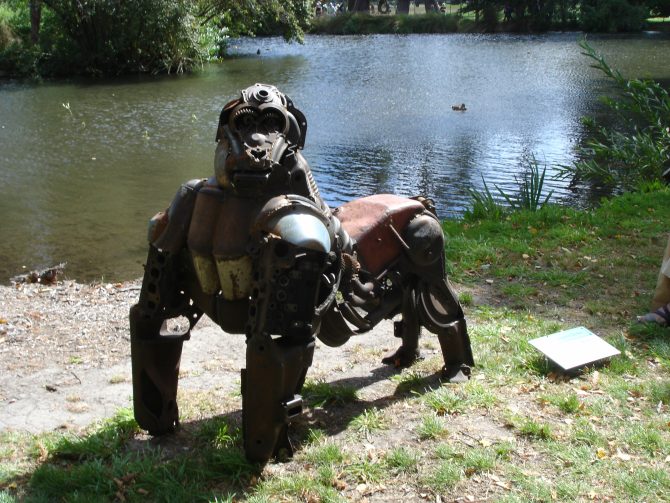
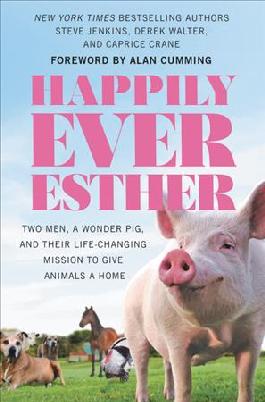
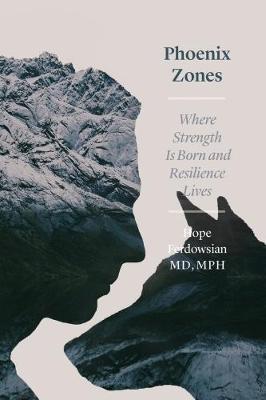
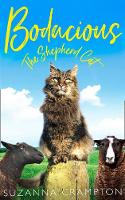
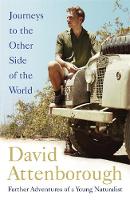
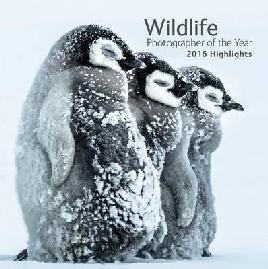
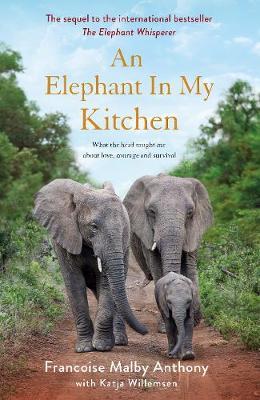
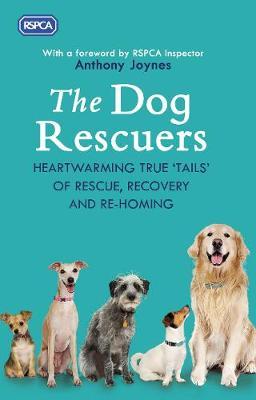
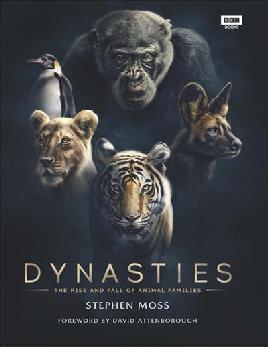
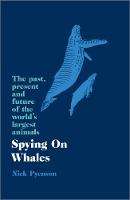
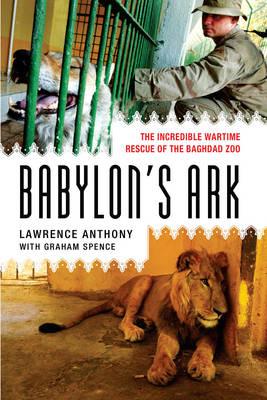
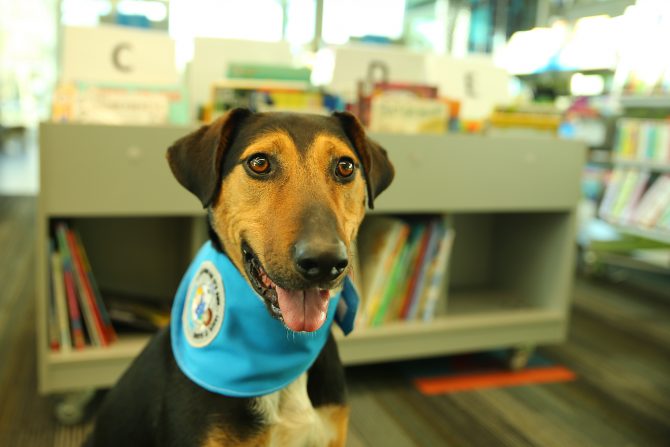

Add a comment to: World Animal Day – 4 October 2018